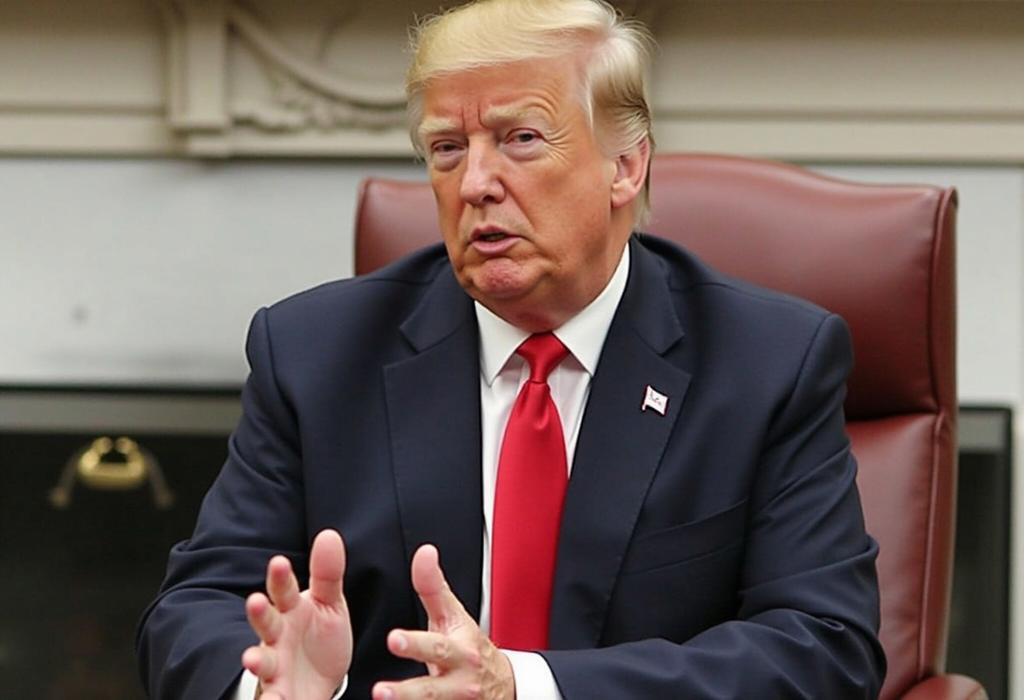In a move that has stirred significant concern among health advocates and communities in South Africa, President Trump's administration has announced sweeping cuts to foreign aid, particularly impacting the nation’s vital public health programs. As one of the largest recipients of the U.S. president’s emergency plan for AIDS relief, South Africa stands to lose critical funding that supports countless lives navigating the HIV epidemic. Activists warn that this could lead to an estimated 5.6 million additional Africans falling into extreme poverty over the next year, while also resulting in increased cases of malaria and childhood malnutrition.
Heartbreakingly, voices from the ground paint a dire picture. A chilling quote from an activist, "We are expecting deaths," starkly encapsulates the potential fallout from the funding freeze. An impact tracker suggests that more than 31,000 adults and over 3,300 children could succumb to complications related to the AIDS funding freeze, numbers that are particularly harrowing in a country already grappling with one of the worst HIV epidemics globally.
The ramifications extend beyond mere statistics; they touch the fabric of care that vulnerable populations have relied on for years. Health clinics catering to high-risk groups have been abruptly shuttered, leaving a void where trust and services once flourished. The loss is palpable, as daily conversations reveal the desperation of individuals rushing to secure their medications before access dwindles further.
Moreover, the freeze on funding does not only threaten immediate health outcomes but poses a serious crisis for research and innovation within the field of HIV. The long-standing partnerships between local researchers and U.S. institutions that have fueled breakthroughs now hang in an uncertain balance, risking stagnation of what could have led to groundbreaking advancements for the global fight against HIV.
Interestingly, the undercurrent of this crisis also raises broader questions about the obligations of wealthy nations towards global health. The slogan ‘America First’ resonates throughout Trump's decisions, yet it seems to disregard the profound interconnectedness of global health and the ramifications of U.S. withdrawal from its commitments.
Yet, within this bleak narrative, there remains a glimmer of hope. Various resilience strategies are being implemented, and advocacy for legal recourse continues to unfold. However, as the clock ticks towards the predicted increase in deaths, only time will tell if these initiatives can stem the tide of the impending humanitarian crisis.
AD
AD
AD
AD
Bias Analysis
Bias Score:
75/100
Neutral
Biased
This news has been analyzed from 13 different sources.
Bias Assessment: The article exhibits significant bias primarily through emotional language and a focus on negative outcomes without presenting opposing viewpoints or positive aspects of U.S. foreign aid policies. The framing of Trump's policies as devastating fosters a sense of urgency and crisis, potentially polarizing readers rather than providing a balanced perspective.
Key Questions About This Article




